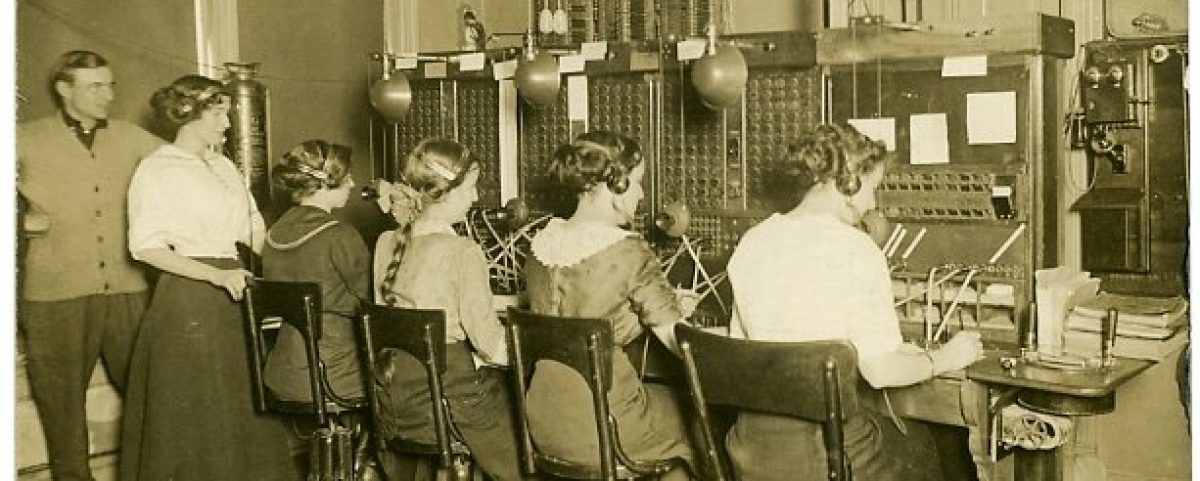Old, forgotten letters tucked away long ago in attics and closets often illuminate the past in ways that history books and newspapers cannot. They capture the voices of individuals, bringing history to life in personal and unique ways.

A recent assignment in one of my classes reminded me of this when Kylie Redding, one of my students, undertook a primary document analysis. Asked to find and analyze an original piece of historical evidence, she discovered a remarkable 154-year-old letter carefully preserved by her grandmother, Mary McGreevy. Mrs. McGreevy had discovered it decades earlier.
This letter, dated October 10, 1871—just two days after the Great Chicago Fire was penned by John W. Wann, a young clerk at the Galena, Illinois Customs House.1,2,3 Addressed to his sister in Harford County, Maryland, the correspondence offers both a glimpse into the 24-year-old government clerk’s life that autumn and an account of one of America’s most devastating urban disasters.
John began by apologizing for his delayed response, explaining that he had been preoccupied with overseeing the customs house since his uncle (Daniel Wann),4,5 Col. Stephenson (the supervising inspector) and Captain Gordon (the local inspector), were absent. With a blend of youthful confidence and humor, he remarked that their absence left him in charge of the entire business of the U.S. Government at the customs port, making him feel like a “rather important person.” Yet he admitted there wasn’t much to do—leaving him ample time to write letters.
The Great Chicago Fire
Turning to the catastrophe that gripped the nation, John described the Great Chicago Fire as “the largest ever known in the U.S.” His matter-of-fact tone belied the gravity of the tragedy unfolding 160 miles away. He recounted how flames had swept through the entire business district of Chicago, leaving 100,000 residents homeless and unemployed.
To convey the staggering scale of destruction, he wrote that a single commercial house, C. B. Farwell & Co., had suffered $1.5 million in damages—one of many businesses devastated by the inferno. In response to this immense suffering, neighboring towns and cities, including Galena, quickly mobilized relief, cooking meals and sending provisions to those in need.
Most compelling are the eyewitness accounts John relayed from his young friends who rushed from Galena to Chicago to assist the stricken city. They described the scene during the fire as unforgettable: “everything in the wildest confusion.” A Heavy gale had fanned the flames, spreading destruction so quickly that most residents had no time to save even their clothing. Families were separated in the chaos—”some screaming, some praying, and some swearing.” Adding to the terror, thieves, looters, and gamblers preyed upon those homes that the flames had not yet consumed. John described it as “the most awful spectacle ever witnessed.”
Letters Help Understand the Past
In our current age of text messages, emails and other forms of digital communication, it is easy to overlook the historical value of handwritten correspondence. Yet letters like John W. Wann’s offer a unique perspective on the past that no secondary source can provide. They allow us to see events—like the Great Chicago Fire—through the eyes of those who lived through them, capturing the facts, emotions, fears, and resilience of people involved.
But beyond documenting monumental events, letters also illuminate everyday lives, revealing mundane details, personal relationships, and individual narratives that history books often neglect. These personal glimpses into history are invaluable for researchers, students, and anyone seeking a deeper understanding of earlier times.
John W. Wann’s letter is just one example of how personal correspondence can deepen our understanding of the past. By seeking out, studying, and preserving these documents we ensure that the words of ordinary people—voices that might otherwise be lost to history—continue to be heard.

Notes
- “The Late John W. Wann,”Galena Daily Gazette, October 10, 1889, Galena Daily Gazette (1873-1953) 10 October 1889 — Illinois Digital Newspaper Collections. Wann, 44, passed away in Sioux City, Iowa on October 6, 1889. He was born in Bel Air, MD., and enlisted in the Union Army at the age of 17. At the close of his service, Wann moved to Galena, ILL ↩︎
- Register of Officers and Agents, Civil, Military and Naval in the Service of the United States on the thirtieth September 1869, (Washington: Government Printing Office, 1870), 101, https://www.google.com/books/edition/Official_Register/CQM3AQAAMAAJ?hl=en&gbpv=1&dq=%22john+w.+wann%22&pg=PA101&printsec=frontcover. ↩︎
- United States Census Bureau, Ninth Census of the United States, 1870 (Galena, IL), ↩︎
- “Death of a Venerable Citizen,” Galena Daily Gazette, May 11,1870. Galena Daily Gazette (1873-1953) 11 May 1870 — Illinois Digital Newspaper Collections. Daniel Wann, originally from Harford County, was the surveyor of customs at Galena ↩︎
- History of Jo Daviess County, Illinois (Chicago: H.F. Kett & Co., 1878), https://www.google.com/books/edition/The_History_of_Jo_Daviess_County_Illinoi/gWYOAAAAIAAJ?hl=en&gbpv=1&bsq=wann. 654. ↩︎







